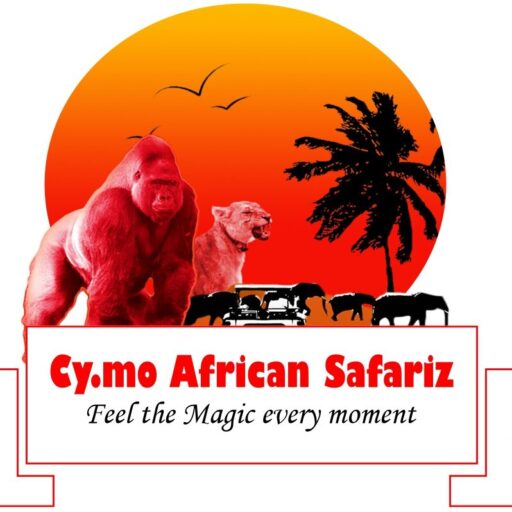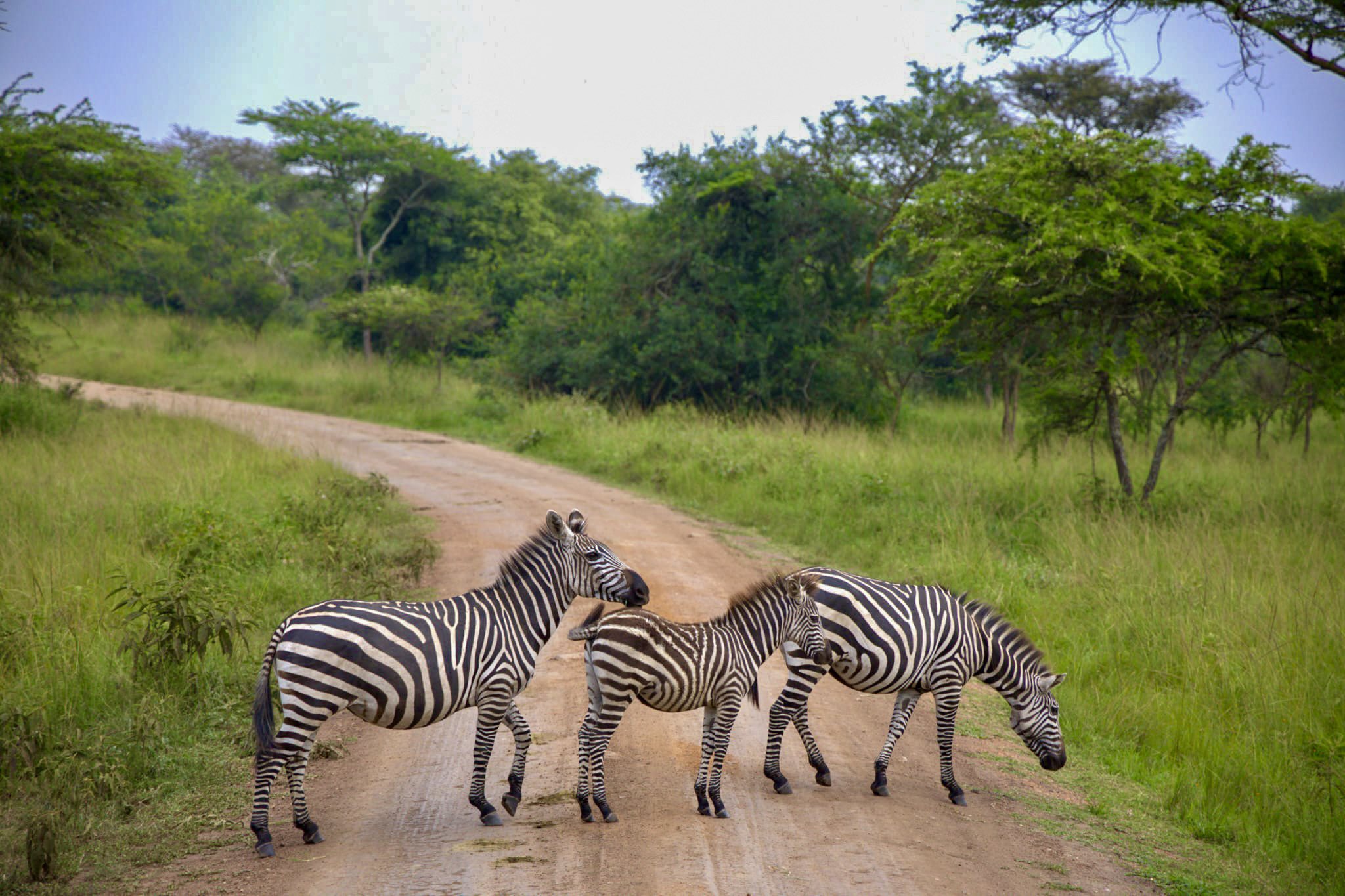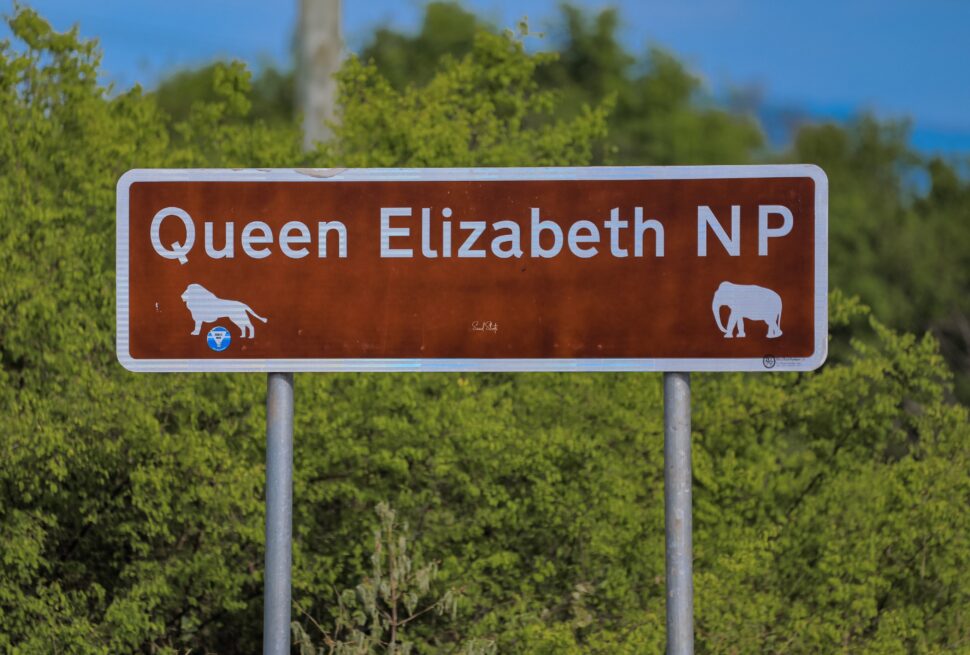This compact jewel of a park is ideally placed for an overnight break between Kampala and the protected areas of western Uganda. Herbivores in the seasonal wetland valleys and acacia grasslands that surround lake Mburo include species such as topi, eland and zebra that are rare or absent from other parks in Uganda, With 332 species recorded, birding is also rewarding with papyrus and acacia species being particularly well represented. Visitors need not limit themselves to game drives, the park can also be explored using mountain bikes, by boat, on foot and on horseback.
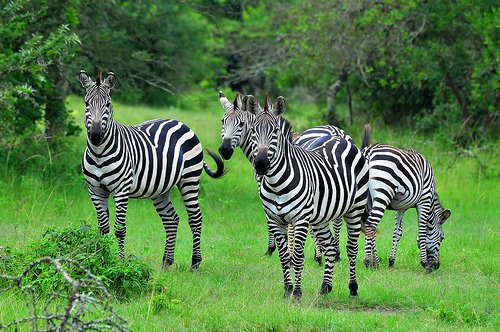
Uganda, often referred to as the “Pearl of Africa,” is renowned for its breathtaking landscapes, diverse wildlife, and rich cultural heritage. Among its many natural wonders, Lake Mburo National Park stands out as a unique gem. Located in the western region of Uganda, this park offers an exceptional safari experience, blending the beauty of savannah and woodland ecosystems with a vibrant array of wildlife. In this comprehensive guide, we will delve into the history, location, activities, attractions, and community surrounding Lake Mburo National Park, providing you with an in-depth understanding of what makes this destination truly special.
Background of Lake Mburo National Park
Lake Mburo National Park, one of Uganda’s smallest yet most enchanting parks, was established in 1983. Spanning approximately 370 square kilometers, it is situated within the Ankole sub-region of Western Uganda. The park derives its name from Lake Mburo, one of the five lakes within its boundaries, which forms part of a larger wetland system.The park’s history is deeply intertwined with the local Banyankole people, who have inhabited the area for centuries. Traditionally, the Banyankole were pastoralists, and their cattle herding practices have shaped the landscape over time. In the early 20th century, the area was designated as a controlled hunting ground, but it wasn’t until the 1980s that conservation efforts led to the establishment of Lake Mburo National Park.

Location of Lake Mburo National Park
Lake Mburo National Park is conveniently located in Kiruhura District, approximately 240 kilometers west of Kampala, Uganda’s capital. The park is easily accessible via the Masaka-Mbarara highway, making it a popular stopover for travelers heading to or from other national parks such as Queen Elizabeth National Park and Bwindi Impenetrable National Park.The park’s coordinates are approximately 0.617° S latitude and 30.957° E longitude. Its strategic location near the equator ensures a pleasant climate throughout the year, with temperatures ranging between 23°C and 25°C. The park’s proximity to major urban centers, coupled with its rich biodiversity, makes it a must-visit destination for both local and international tourists.
Activities in Lake Mburo National Park
Lake Mburo National Park offers a diverse range of activities that cater to all types of travelers. Whether you are an adventure enthusiast, a wildlife lover, or someone seeking tranquility, the park has something to offer. Here are some of the most popular activities:
Game Drives: The park is home to a variety of wildlife, including zebras, impalas, buffaloes, giraffes, and numerous bird species. Game drives provide an excellent opportunity to observe these animals in their natural habitat. The Park’s compact size allows for extensive exploration within a relatively short period.
Boat Safaris: Lake Mburo itself is a focal point for boat safaris. These excursions offer a unique perspective of the park’s aquatic life, including hippos, crocodiles, and water birds. The serene waters of the lake provide a peaceful and scenic experience.
Nature Walks: Unlike many other national parks, Lake Mburo allows guided walking safaris. These walks are an excellent way to explore the park’s flora and fauna up close, guided by experienced rangers who share insights into the ecosystem.
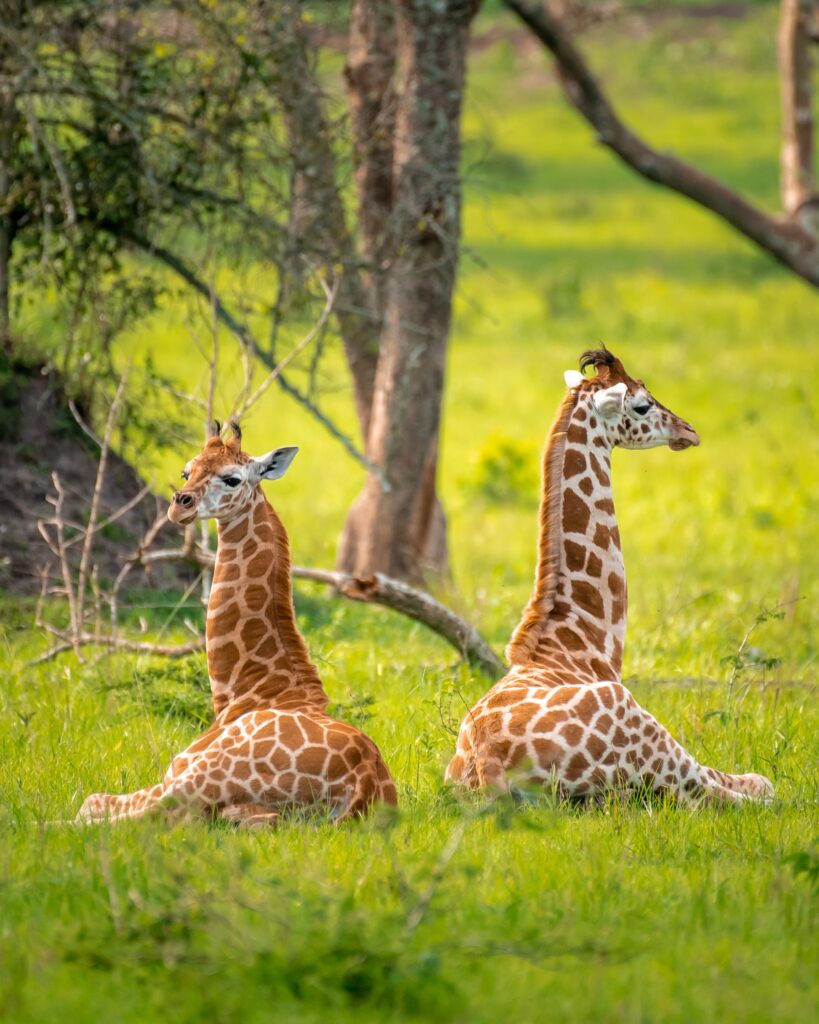
Bird Watching: With over 350 bird species recorded, Lake Mburo is a birdwatcher’s paradise. Some of the notable species include the African fish eagle, pied kingfisher, and the rare shoebill stork. Bird watching can be enjoyed throughout the park, particularly around the wetlands and lake shores.

Horseback Riding: Unique to Lake Mburo, horseback safaris offer an adventurous way to explore the park. Riding through the savannah and woodlands allows for a closer encounter with wildlife, often approaching animals that are more skittish around vehicles.
Cycling Safaris: For the more active traveler, cycling safaris provide a thrilling way to traverse the park. Mountain bikes are available for hire, and guided tours take you through scenic trails, offering a blend of exercise and wildlife viewing.
Attractions in Lake Mburo National Park
Lake Mburo National Park boasts a variety of attractions that highlight its unique ecological and geological features. Here are some of the key attractions:
Lake Mburo: The park’s namesake lake is the largest of the five lakes within the park. It serves as a vital water source for wildlife and supports a diverse array of aquatic life. The lake is surrounded by lush vegetation, making it a picturesque spot for photography and relaxation.
Ruwenzori Escarpment: This natural feature provides stunning panoramic views of the park and its surroundings. The escarpment is an excellent location for hiking and offers vantage points for bird watching and wildlife spotting.
Kazuma Lookout: Another popular viewpoint, Kazuma Lookout, offers a 360-degree view of the park’s landscape. It is an ideal spot for sunrise and sunset viewing, providing breathtaking vistas of the savannah and lakes.
Salt Lick Areas: These areas attract a variety of wildlife, particularly herbivores, which come to lick the mineral-rich soil. Visitors can observe animals such as zebras, antelopes, and buffaloes congregating at these spots, especially during the dry season.
Rubanga Forest: This small but dense forest within the park is a haven for birdlife and primates. Guided walks through Rubanga Forest offer a chance to see species such as the black-and-white colobus monkey and the grey-cheeked mangabey.
Community and Conservation
Lake Mburo National Park is not only a hub for wildlife but also a focal point for community engagement and conservation efforts. The park’s management works closely with the local communities to ensure sustainable tourism practices that benefit both the environment and the people.
Community Involvement
The communities surrounding Lake Mburo National Park, primarily the Banyankole people, play a crucial role in the park’s conservation. Several community-based initiatives have been established to promote eco-tourism and provide alternative livelihoods for the locals. These initiatives include:
Cultural Tours: Visitors can participate in cultural tours that offer insights into the traditions and lifestyle of the Banyankole. These tours often include visits to homesteads, traditional dance performances, and demonstrations of cattle herding and milking.
Craft Markets: Local artisans produce a variety of crafts, including baskets, jewelry, and textiles. Purchasing these items supports the local economy and provides tourists with unique souvenirs.
Community Conservation Projects: Several projects aim to involve local communities in conservation efforts. These include reforestation programs, anti-poaching patrols, and wildlife monitoring initiatives.
Conservation Efforts
Conservation is at the heart of Lake Mburo National Park’s mission. The park’s management, in collaboration with various organizations, implements several conservation strategies to protect its unique biodiversity. These efforts include:
Anti-Poaching Initiatives: Poaching has been a significant threat to wildlife in the past. The park has established anti-poaching units that conduct regular patrols and engage in community education to reduce poaching activities.
Habitat Restoration: Efforts are made to restore degraded habitats through reforestation and wetland conservation projects. These initiatives help to maintain the ecological balance and support a diverse range of species.
Research and Monitoring: Ongoing research and monitoring programs track the health of wildlife populations and ecosystems. This data is crucial for informed decision-making and effective management of the park.
Sustainable Tourism Practices: The park promotes sustainable tourism by regulating visitor numbers, minimizing environmental impact, and encouraging eco-friendly practices among tour operators and visitors.
Conclusion
Lake Mburo National Park is a testament to the beauty and diversity of Uganda’s natural landscapes. Its rich history, strategic location, and wide range of activities make it a must-visit destination for any traveler seeking an authentic African safari experience. The park’s commitment to conservation and community involvement ensures that it remains a vibrant and sustainable destination for future generations. Whether you are exploring the park on a game drive, gliding across Lake Mburo on a boat safari, or immersing yourself in the local culture, Lake Mburo National Park promises an unforgettable adventure. As you plan your next safari, consider Lake Mburo for its unique charm, abundant wildlife, and the warm hospitality of its surrounding communities.
Experience the magic of Lake Mburo National Park and discover why it truly is a jewel in the crown of Uganda’s national parks.
